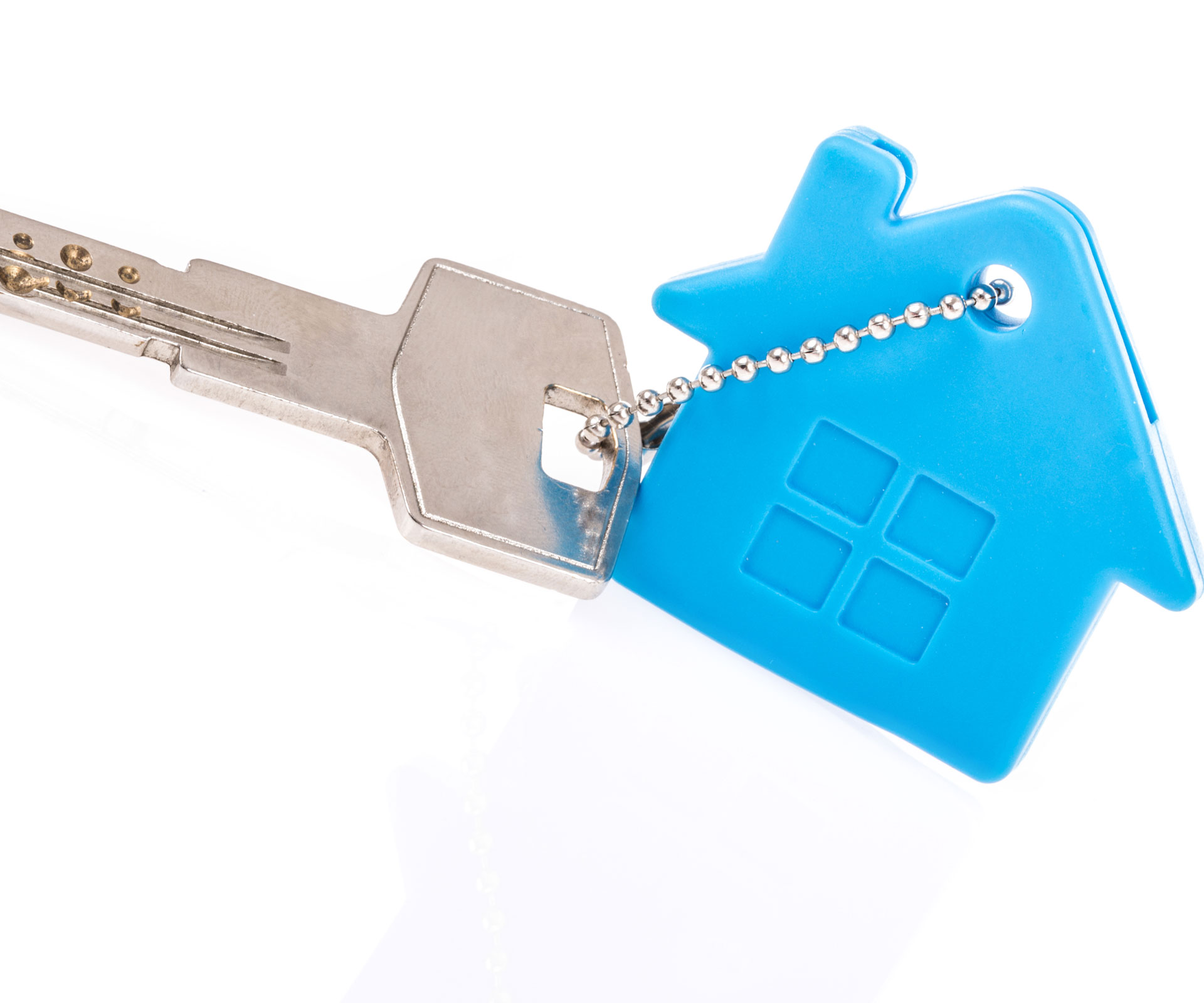Buying a house is not easy in Australia. Our property is extremely expensive even outside of the major cities like Sydney and Melbourne. Just saving for the deposit is hard enough.
And now a report has come out of Swinburne University causing further stress for those looking down the barrel at 40 and still renting.
According to the study, Security in retirement: the impact of housing and key critical life events, conducted by Swinburne University, if you haven’t accumulated the savings by 45 to buy a house, chances are you never will because the housing is expensive and banks may not lend to you.
The Swinburne University report examined the wealth of Australians aged 40 to 64 years and compared them to recent retirees.
More Australians than ever before are renting in retirement and as a result are facing financial stress.
Findings from Swinburne’s Institute of Social Research found that close to 426,000 Australians over the age of 50 years are living alone or with a partner in private rentals.
That figure is predicted to climb to 606,300 people in 2030 and 832,319 by 2050, putting more pressure on the rental supply and keeping rents high.
The study also concluded that single mothers and divorcees were particularly at risk of never owning a home if they passed the 45-year-old threshold, with seriously dire consequences for their retirement.
Study author Swinburne University’s Dr Andrea Sharam said: “It’s just almost too late for people at 45 if they’re not already purchasing their house and got that mortgage down a bit.
“Housing is a probably the key way of generating wealth, but people who are unable to purchase or fall out of home ownership will find that they don’t have as much wealth in retirement.”
The study didn’t only point out bad news, it also had recommendations to stop the next generation of retirees living in financial hardship due to high rentals. These are:
the abolition of capital gains concessions on housing.
More government investment in social housing
increased welfare support for retiree renters,
additional death taxes on property in order to redistribute wealth across society
To The Guardian, Dr Sharam pointed out how important it was that the government noted these recommendations and made changes soon because of the growing “Generation Rent”.
“They cannot be passive at this point in time. … It’s a moral question as well as a political one.”


